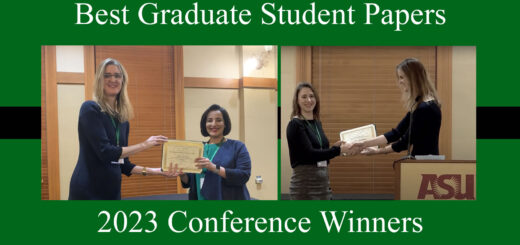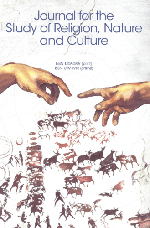ISSRNC Members Discuss Cosmology and the Environment
We are pleased to share this exciting online discussion involving several ISSRNC members at The Immanent Frame. In their post the authors wrestle with a wide range of fascinating questions having to do with how we understand the world and the impact of these views on the environment.
The belief that scientific worldviews provide sufficient information and motivation to galvanize widespread action on environmental issues is gaining adherents both within and beyond the academy. The turn to science for materials from which to construct a new cosmology is evident in a variety of emerging movements that go by such names as the Epic of Evolution, The Great Story, the Journey of the Universe, The New Story, and Big History. As environmental problems intensify, proponents of these new cosmologies claim that what is called for is an evidence-based global story and a common ethic. Implicit or explicit in these movements is a conviction that existing religious traditions are too parochial (lacking global appeal) and too far removed from scientific realities and contemporary environmental concerns. Proponents of the new cosmology believe that the physical and biological sciences reveal the distinctly storied nature of our cosmos—a story that belongs to all—and that this cosmic story will inspire wonder and deep concern for the planetary biota, because its core narrative is both universal and true. On this view, scientific narratives can satisfy our deep-seated need for meaning, ritual, and ethical guidance, while firmly grounding us in evolutionary and cosmic realities. The new cosmology thus invests science with mythic, revelatory power; far from disenchanting our world, science is celebrated as a primary vehicle for restoring wonder, meaning, and value.
Can—and should—a scientific account of the universe function as a global myth? If so, what is the likely impact of contemporary scientific cosmologies on established religious traditions and environment-related beliefs and practices?
Read the full article on The Immanent Frame.












